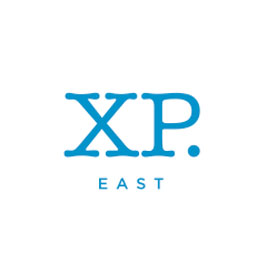This week, 7 Pioneer have started the 3rd and final case study in the stand up expedition. This case study moves us away from the Trans-Atlantic Slave trade and into modern day slavery.
The case study has a geographical focus – we started to explore development in the world and how the world, and many countries, have a development gap. We defined development and how it revolves around making progress in the social, economic, environmental and political factors of a country.
So, how do we know how developed a country is? We introduced the concept of development indicators which are used to measure a country’s development, such as literacy rate, death rate and infant mortality rate.
Students then had to evaluate these to find which measures are more useful than others – hidden around the room were explanations for how useful each measure was and the students had to hunt them down and decide which measure the explanation was for. 
Towards the end of the week, we looked at the Demographic Transition Model. This model is based on the UK’s development and is applied to other countries around the world. It explains how birth rate, death rate and total population changes as a country develops. The students had statements which they had to allocate into the right stage with examples of countries which fit that stage.

I was impressed with how the students grappled with this – it’s challenging but they worked hard and supported each other to identify what was happening on the model and understand reasons for these changes.
I’m so excited to carry on with this case study which will use the Democratic Republic of Congo as an example and focus on its social, economic, environmental and political features, linking these to the expedition.








